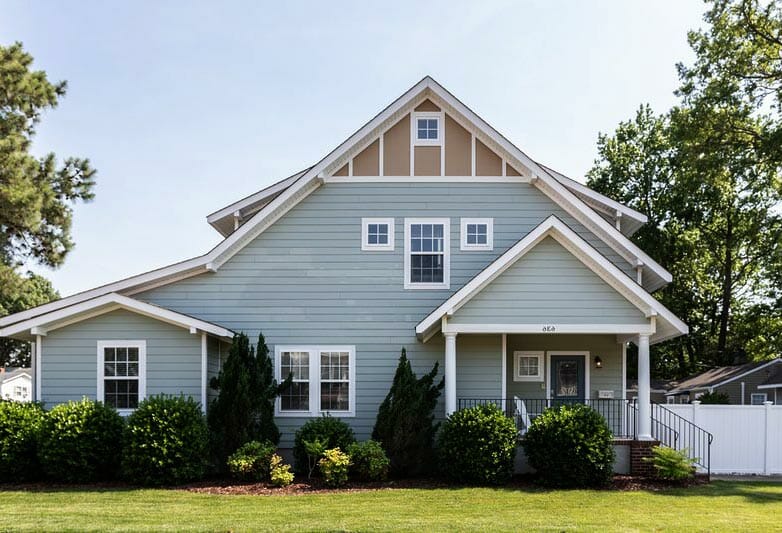In the state of Virginia, there’s a legal mandate for tenants to be provided with housing that complies with critical health, safety, and structural regulations.
If you own or manage a rental property in Virginia state, a mold presence could lead you to costly cleanup and repair bills as well as lawsuits from tenants claiming that the mold made them sick or damaged their furniture.
In this article, I will present to you the landlord’s responsibilities and tenant rights when it comes to mold in Virginia State.

What we cover
ToggleStrategies To Help Tenants in Virginia
Virginia courts have recognized two common lawful self-helping techniques that tenants choose to follow when mold appears in their apartment or rental home:
- Rent withholding
- Repair and deduct strategy
Rent Withholding
You can not just simply withhold the rent when mold appears. Before you move on to that possibility you must be sure that the circumstances justify you paying less rent and that you comply with state legal requirements. Consult the Virginia State law on the following:
The type of repair and habitability problems that allows you to withhold rent;
- The type of notice you must give the landlord;
- The amount of time the landlord has to fix the problem before you can withhold the rent;
- How much rent you may withhold;
- How often you can use this particular law remedy;
- How to protect from further landlord retaliation (termination notice or rent increase);
- Other conditions that apply before you can withhold rent.
Repair and Deduct
The second strategy that can be used by the tenants for self-helping when a mold outbreak is “repair and deduct”. Repair and deduct involves tenants taking care of mold cleanup on their own and deducting the funds spent from the rent they have to pay.
Landlord Responsibility for Mold
There is no specific federal law that covers a landlord’s responsibilities when it comes to mold in Virginia State.
But, if tenants believe and can prove that they have been harmed by the presence of high concentrations of mold in their apartment they can compensate for their loss in court by asking the landlord to recover the damage.
If a judge or jury agrees that the landlord negligently created a mold problem or allowed one to continue at a property, the landlord could be on the hook for any harm.
Virginia State Mold Disclosure Law
There is a specific statement in Virginia State law about disclosure requirements that impose duties on both landlords and tenants.
Landlord Duties
Landlords in Virginia must disclose any visible mold to tenants before they move in. Tenants have the option to terminate the tenancy or not take possession of the unit if there is mold. But if the tenant decides to stay, the landlord must remediate the mold within five days.
Tenants Duties
On the other hand, the tenant must inform the landlord immediately when the first visible signs of mold or even moisture accumulation appear. Also, tenants are obliged to “use reasonable efforts” to maintain their apartment and prevent the “accumulation of moisture and the growth of mold”.
Tenants Relocation
When mold remediation needs to be performed, the landlord can require the tenant to temporarily relocate. In this case, alternate housing must be provided and the costs are borne by the landlord, while the tenant is still responsible for paying rent to the landlord.
Deduction of Mold-Related Costs From Security Deposits
You as a landlord have an opportunity to protect yourself from mold-related costs caused by a departing tenant. You can deduct the cost of cleaning from the tenants’ security deposit. This deposit is usually in an amount or value in excess of two months’ periodic rent.
The Virginia State law allows you as the landlord to do this by giving the tenant a written explanation of mold damage costs, along with any other claimed damages, within 45 days of the tenant’s lease termination.
If the repairing and cleaning costs are less than the security deposit, you must return the remainder of the deposit to the tenant along with the written documentation of damage deduction.
FAQ's
In general no, they aren’t. According to Virginia code 8.01-226.12(C), are not responsible for personal injuries to tenants due to mold unless they have actual knowledge of the mold presence and fail to disclose it in the move-in inspection report.
The landlord is legally responsible for removing the mold and reimbursing you for any additional costs you have sustained. Even if you don’t suffer any injuries, a landlord’s failure to maintain a mold-free environment violates the implied warranty of habitability.












